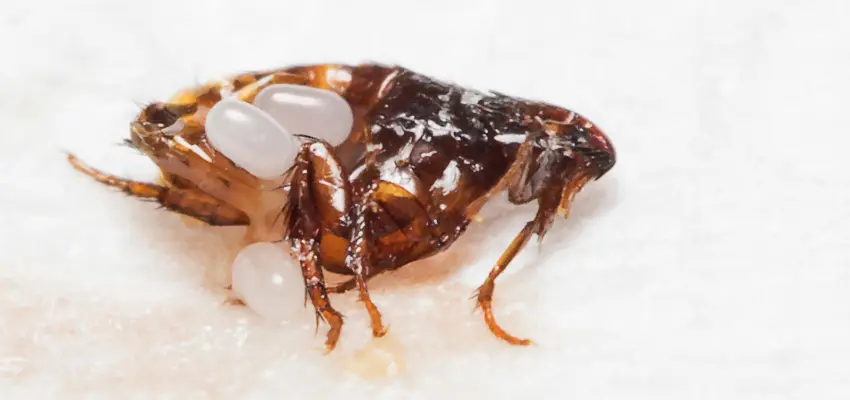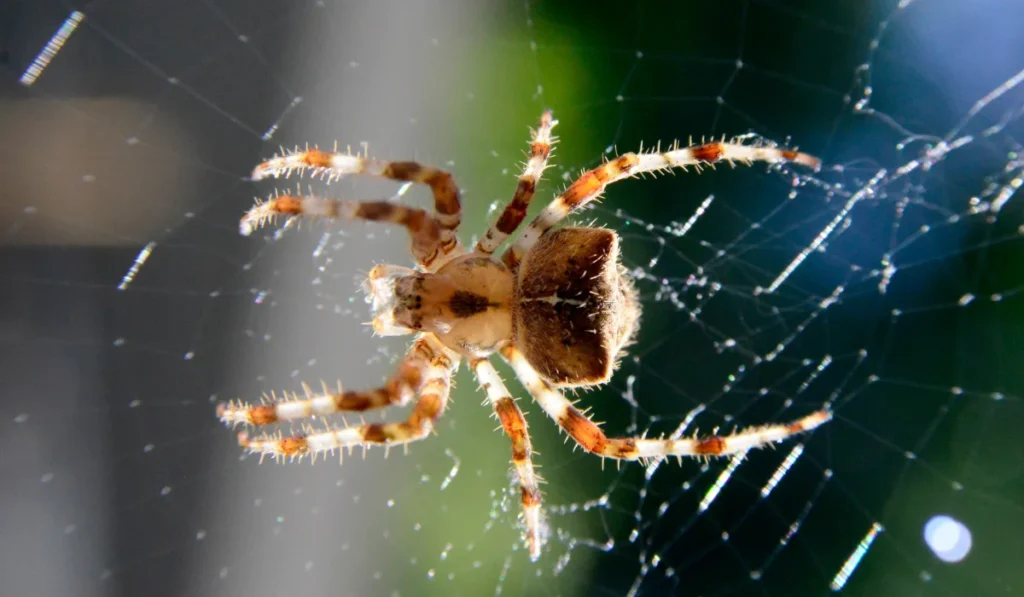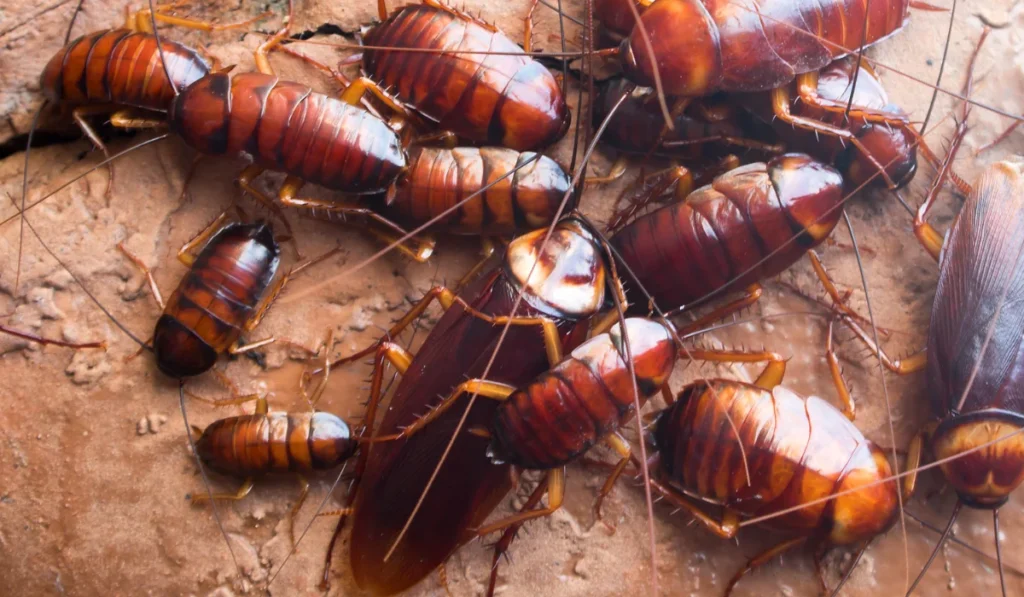If you’ve noticed little tubes of dirt stuck to the side of your house or felt a sudden buzz while stepping into your shed, there’s a good chance you’re dealing with mud daubers.
These solitary wasps are common across Alabama, especially during the warmer months. But how do they stack up against more aggressive wasps like yellow jackets or bald-faced hornets? And do you need to get rid of them?
Let’s break down the differences between these buzzing backyard visitors and what you should do if they’re building nests around your home in Birmingham, AL.
Key Takeaways
- Mud daubers are solitary wasps that rarely sting and help control spider populations.
- Unlike social wasps like yellow jackets, they don’t swarm or defend nests aggressively.
- Mud dauber nests often appear on eaves, overhangs, and sheds, especially in warm, dry spots.
- If nests become a nuisance or an eyesore, a local pest control service can help remove them safely.
What Are Mud Daubers and Why Are They Around Your Home?
Mud daubers, also called dirt daubers, are solitary wasps known for their narrow waists, metallic sheen, and unique tube-like nests made of mud. In Birmingham, you’ll typically spot them from late spring through early fall. They build in quiet, sheltered areas like eaves, sheds, attics, and under porch ceilings.
Unlike hornets or yellow jackets, mud daubers are not aggressive. These wasps work alone and don’t protect their nests with a swarm. Most people never get stung by a mud dauber unless they directly handle one.
That doesn’t mean you want to let them nest unchecked.
Should You Be Concerned About Mud Dauber Nests?
Most mud daubers, including the organ pipe variety, build long, cylindrical mud tubes. You’ll often find these on brick, siding, or wood, basically, any surface that gives them some cover and sun exposure. Each tube contains a single larva and a stash of paralyzed spiders to feed it.
Here’s why some folks in Birmingham consider removing them:
- Aesthetic issues: These nests harden quickly and can leave behind stains or residue on surfaces.
- Nest location: Nests near door frames, windows, or entryways can cause you or your pets to brush against them.
- Growing presence: One nest may not be a problem, but over time, you could see more, especially if the spider population nearby stays high.
If you’ve spotted a few forming under your overhangs or around your garage, it might be time to take a closer look.
Mud Daubers vs. Other Wasps in Birmingham

Birmingham homeowners often confuse mud daubers with more aggressive wasp species. Here’s a quick comparison:
| Wasp Species | Behavior | Nest Type | Aggression | Common Locations |
|---|---|---|---|---|
| Mud Daubers | Solitary | Mud tubes | Low | Eaves, sheds |
| Yellow Jackets | Social | Ground or wall voids | High | Garages, walls |
| Paper Wasps | Social | Papery umbrella nests | Moderate | Eaves, light fixtures |
| Bald-Faced Hornets | Social | Large football-shaped nests | High | Trees, rooflines |
While mud daubers mostly keep to themselves, social wasps can pose a real risk, especially to kids or pets who accidentally get too close to a wasp nest.
How Mud Daubers Help Around the House
Believe it or not, these little dirt architects are good to have around, within reason. Here’s how they help:
- Spider control: They stock their nests with paralyzed spiders, often including black widows. That’s free pest control you didn’t even ask for.
- No swarming: Since they’re solitary wasps, you don’t have to worry about group attacks.
- Pollinators: While not as effective as honey bees, they do help with pollination while hunting for mud and food.
Still, no one wants too many mud dauber nests building up on their brick or siding.
When to Call a Pest Control Professional in Birmingham
If mud daubers are setting up shop in hard-to-reach areas or leaving behind unsightly nests, it’s worth calling a local exterminator in Birmingham for safe removal.
At Magic City Pest Control, we help folks across central Alabama deal with all types of wasps, hornets, yellow jackets, paper wasps, and yes, even mud daubers. We treat eaves and high overhangs up to 25 feet, and we use tools and materials designed to keep the problem from coming back.
We also look for signs of future issues, like spider populations that may be drawing them in or areas where they might start building nests again.
Keeping Your Home Pest-Free From Wasps and Mud Daubers
Just like with other pests, prevention goes a long way. Here are some steps to keep your Birmingham home clear of wasp infestations:
- Seal up entry points: Cracks in siding or soffits make easy entry points for all kinds of wasp species.
- Keep food and garbage secured: Yellow jackets and hornets love sweet drinks, leftovers, and even pet food.
- Use natural deterrents: Essential oils like peppermint can help discourage wasps from building nests in certain spots.
- Regularly inspect common nesting areas: Eaves, attics, garages, and sheds are prime spots. A quick monthly check can catch new nests early.
If you see wasps going in and out of the same area repeatedly, that might mean a wasp infestation is already underway.
Final Thoughts
Mud daubers might look intimidating, but they’re one of the more peaceful wasp species in Alabama. They help control spiders and typically won’t sting unless provoked. Still, if you notice nests in inconvenient or high-traffic spots, or if their numbers seem to grow, it’s smart to bring in a pest control service.
Magic City Pest Control handles all kinds of wasp control in Birmingham, AL, from bald-faced hornets in the trees to mud dauber nests under your porch. If you want to stay pest-free without risking a sting, we’re here to help.
Let us take the sting out of summer. Give us a call, and we’ll handle the buzzing so you can enjoy your backyard again.








